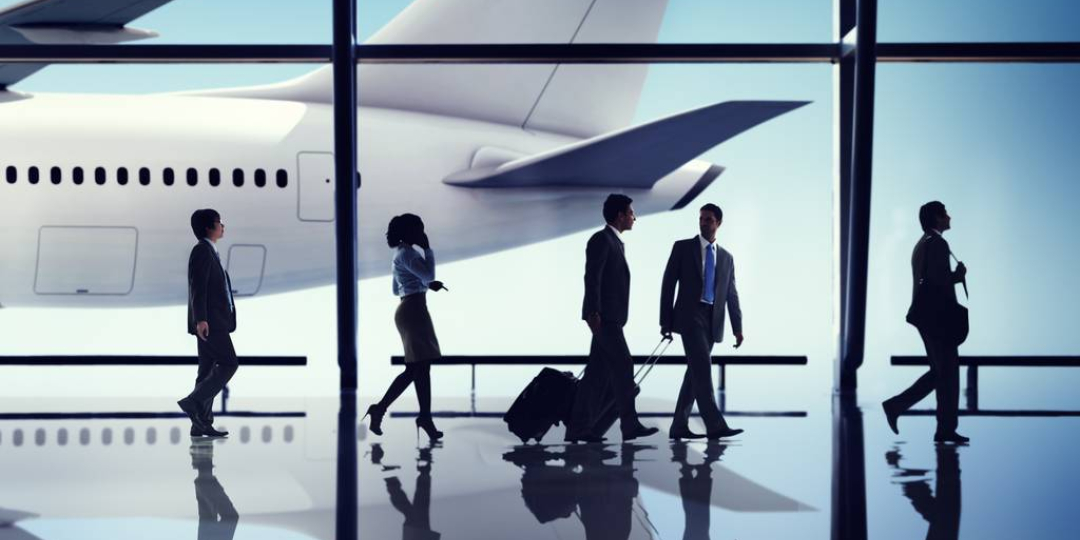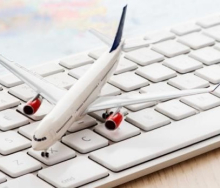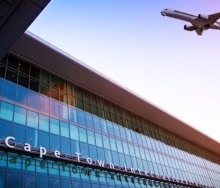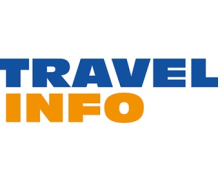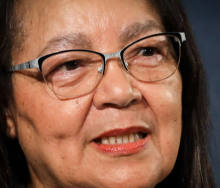When corporates travel into Africa, their concerns are the reliability of airlines and airlift, personal safety and security, and ensuring visas are received on time, according to a Travel News poll.
The poll revealed that 45% of travel agents said their clients’ biggest concern was the inconsistency of the airlines and airlift that transport them to and from destinations in Africa.
According to Monique Swart, founder of African Business Travel Association (ABTA), many airlines are still recovering post-COVID and still adding routes or removing routes from their network.
“Where an airline might fly into a region today, tomorrow they might pull those flights. This kind of thing can happen with little notice. Additionally, there are often reliability issues with airport staffing and other resources, lack of airport and facilities maintenance, all of which can impact arriving and departing flights, causing delays,” explains Swart.
As a result, navigating flight delays or schedule changes and planning contingencies in terms of additional transfers and appropriate accommodation, create stress for business travellers and their TMCs, Robyn Christie, a travel industry consultant and a board member of GBTA, told Travel News.
“The problems really are around the anxiety that it causes the traveller and ultimately the booker or the buyer. A lot of them choose to use a reputable TMC and they rely on them to navigate these challenges,” says Christie.
When airlines re-accommodate clients (rather than employers or TMCs performing this function), the hotels might not necessarily meet the standards set by buyers’ duty of care in their travel policy. Christie explains that, although African hotels are upping their game, certain corporates have a requirement that their employees may not stay in a hotel that has not undergone a security assessment, to ensure the properties meet the duty-of-care policy.
Additionally, hotels are vetted for providing good quality accommodation, clean water and food that is safe for tourists to consume, a concern expressed by 4% of respondents to the poll.
She emphasises the need for travel advisers to build solid relationships with accommodation providers for situations such as travel disruptions and assistance during emergencies.
Over 20% of poll respondents said their clients viewed personal safety and security of their travellers as a major concern and challenge in Africa.
Security concerns range from keeping top executives at high risk safe from kidnapping to creating awareness about areas with a high incidence of pickpocketing. Maintaining a client’s safety requires vigilant and thorough disaster contingency management during these times of socio-political unrest and radical climatic events. It also needs constant monitoring of access to food, water, sanitation and emergency medical services, says Christie.
“This needs to be addressed by means of insurance, additional security and assistance from risk assessment departments. Most multinational companies will have a risk division to assess risks through delegated third parties globally, who will build on the policy that guides the employer when employees travel,” explains Christie.
Visa processing times were a concern for 12% of respondents in the poll. Although a company that requires its employees to travel might think it is well-versed in visa requirements and processing times, constant changes to visa rules and the inconsistency of processing times pose a challenge to corporate travellers.
“Visa processes are never consistent. Sometimes the processes seem to work well and at other times, backlogs and system issues can crop up with minimal notice, often causing delays and then a knock-on of additional delays and costs requiring changes to air tickets,” says Swart.
Furthermore, visas on arrival can cause confusion due to a lack of communication and unclear processes – this can leave travellers stranded at borders, warns Swart.
Although transacting and using the right payment methods was only a concern for 2% of poll respondents, Christie says it is vital to train travellers so they know how to access forex and at which banks.
“In SA, we don’t offer every employee a credit card. The challenge comes if businesses transfer money to their employees. Do employees know how to access the money at ATMs and which banks will help them?” she asks.
Other concerns expressed by respondents in the poll included safe and dependable ground transfers (8%) and difficulty entering countries due to corruption (4%).
